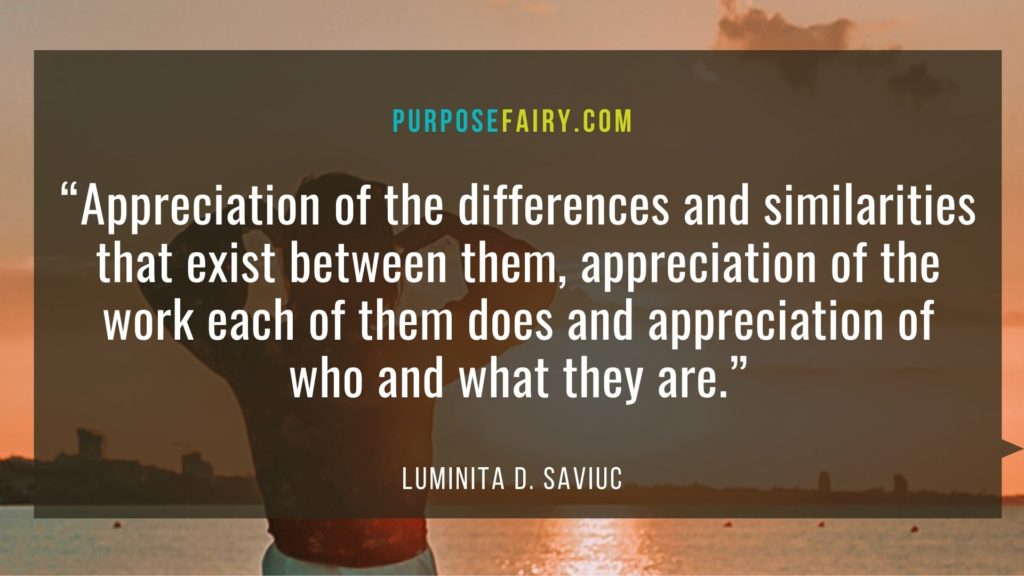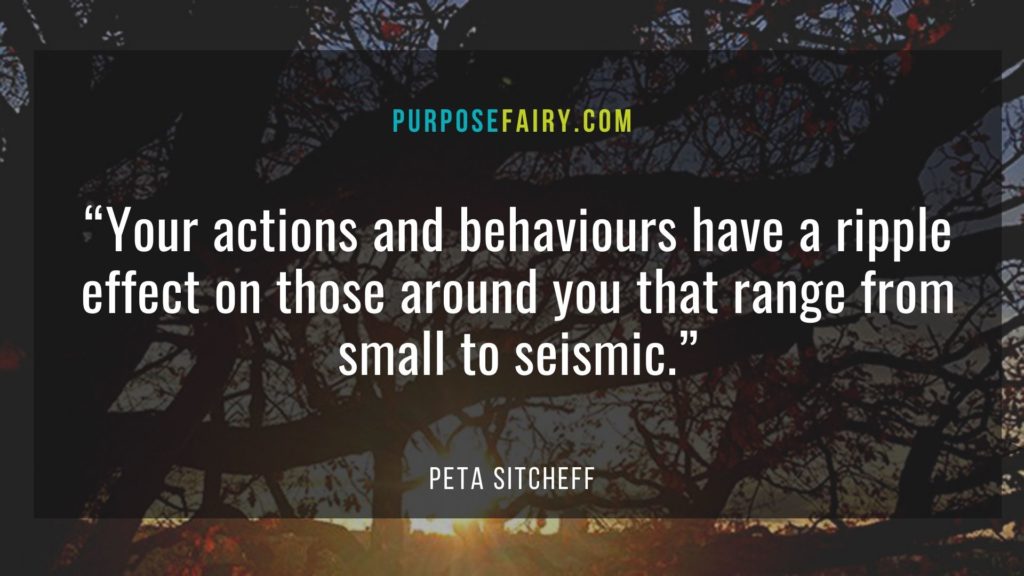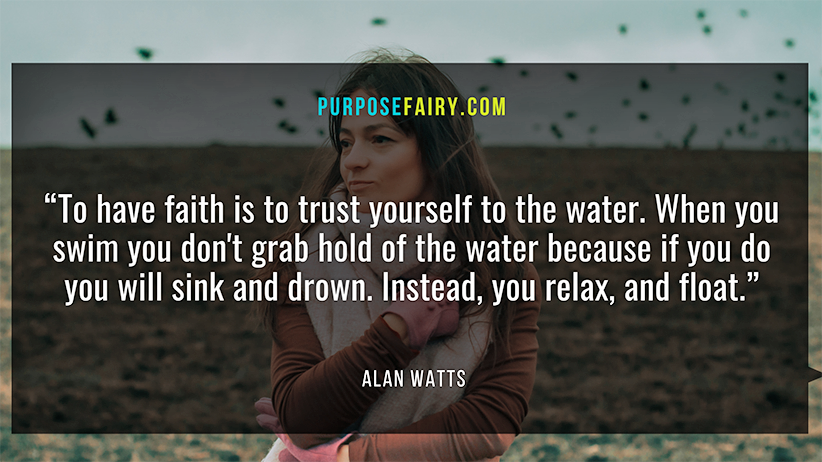
John Gottman is the author of so many relationship books but the most known are The Seven Principles for Making Marriage Work and Eight Dates: Essential Conversations for a Lifetime of Love. His talks have been listened to by millions of people all over the world and have helped as many people.
John Gottman
It is with great joy that I am going to share with you these powerful lessons alongside the bonus ones. I could have shared more but for now these will do.
Here we go 🙂
29 Life-Changing Lessons to Learn from John Gottman
1. Some people leave a marriage literally, by divorcing. Others do so by leading parallel lives together.
“Some people leave a marriage literally, by divorcing. Others do so by leading parallel lives together.”~ John Gottman
2. Small words, gestures and act make for a long-term successful relationship.
“Successful long-term relationships are created through small words, small gestures, and small acts.”~ John Gottman
3. You can spend a lifetime being curious about the inner world of your part and never be done discovering all there is to know about each other.
“You can spend a lifetime being curious about the inner world of your partner, and being brave enough to share your own inner world, and never be done discovering all there is to know about each other. It’s exciting.”~ John Gottman
4. Make dedicated, nonnegotiable time for each other a priority, and never stop being curious about your partner.

“Make dedicated, nonnegotiable time for each other a priority, and never stop being curious about your partner. Don’t assume you know who they are today, just because you went to bed with them the night before. In short, never stop asking questions. But ask the right kind of questions.”~ John Gottman
5. Couples who have learned to dialogue about their perpetual issues ask the right questions.
“Couples who have learned to dialogue about their perpetual issues ask just such questions. They ask, “Is there a story behind this for you, maybe some childhood history that makes this so crucial for you?” They want to uncover not just the topmost feelings, but the deeper layers as well.”~ John Gottman
6. You live longer if you are married or have a long-term partner. She lives longer if she has female friends. You live longer if she lives longer. Encourage her female friendships.
“You live longer if you are married or have a long-term partner. She lives longer if she has female friends. You live longer if she lives longer. Encourage her female friendships.”
7. Working briefly on your marriage every day will do more for your health and longevity than working out at a health club.
“Working briefly on your marriage every day will do more for your health and longevity than working out at a health club.”~ John Gottman
8. Couples with a strong friendship have a lot more access to their humor, affection, and the positive energy that make it possible to have disagreements.
“Couples with a strong friendship have a lot more access to their humor, affection, and the positive energy that make it possible to have disagreements or to live with them in a much more constructive and creative way. It’s about earning and building up points.”~ John Gottman
9. Perfection is not the price of love. Practice is.
“Perfection is not the price of love. Practice is. We practice how to express our love and how to receive our partner’s love. Love is an action even more than a feeling. It requires intention and attention, a practice we call attunement.”~ John Gottman
10. “Our partners don’t always have to think like we think. It would be boring to be married to yourself. In fact, that’s called being single.”
“Our partners don’t always have to think like we think. That’s what makes life interesting—it would be boring to be married to yourself. In fact, that’s called being single.”~ John Gottman

11. Every couple, in their daily life together, messes up communication, and every relationship has a potential “dark side.”
“Every couple, in their daily life together, messes up communication, and every relationship has a potential “dark side.” It is a misconception that communication ought to be the norm in relationships. What may matter most is the ability of couples to repair things when they go wrong.”~ John Gottman
12. We need each other and we need to be needed by each other. True commitment is choosing each other over and over again.
“If my wife is in pain, my world stops so I can listen to her.” In a committed relationship, you will both stop the world to try to understand and ease each other’s pain. This is partly why we get married, and this is partly why we love. We need each other and we need to be needed by each other. True commitment is choosing each other over and over again.”~ John Gottman
13. As relationships progress, each person gets more real, more transparent, and therefore more vulnerable.
“When we fall in love we are often on our very best behavior. We lead with the healthiest side of ourselves. But as relationships progress, each person gets more real, more transparent, and therefore more vulnerable.”~ John Gottman
14. Learning to understand and accept the ways in which you’re different is key to creating lasting connection and enduring love.
“Differences attract us at first, and yet we can find ourselves in relationship trouble when we try to change these differences later. Learning to understand and accept the ways in which you’re different is key to creating lasting connection and enduring love.”~ John Gottman
15. Don’t forget why you fell in love with each other, and most important, don’t forget to laugh.
“Yes, it’s serious and important work, but we also want you to have fun. Find the moments of humor. Find the joy, even when it feels difficult. Don’t forget why you fell in love with each other, and most important, don’t forget to laugh.”~ John Gottman
16. If you’re willing to be honest about who you really are, and open-minded about who your partner is, your relationship will grow stronger.
“Stepping outside our comfort zone. If you’re willing to be honest about who you really are, and open-minded about who your partner is, your relationship will grow stronger. Your understanding of each other will be deeper. Your life together will be happier.”~ John Gottman
17. I would like you to respect me” isn’t as good as, “I would like you to turn off your electronic devices at dinner so we can just talk to each other.
“I would like you to respect me” isn’t as good as, “I would like you to turn off your electronic devices at dinner so we can just talk to each other.”~ John Gottman
18. Commitment is a choice we make every single day, over and over again.
“Commitment is a choice we make every single day, over and over again. We choose it even when we are tired and overworked and stressed out.”
19. The opposite of play is not work—it’s depression.
“The opposite of play is not work—it’s depression.” When our lives are infused with play, we’re able to see the absurd in the serious and find excitement in the mundane. A relationship without play is a relationship without humor, without flirting, without games, and without fantasy. We all need humor, laughter, and play. Romance is play. Banter is play.”~ John Gottman

20. By showing your commitment to your relationship with your partner, you’re nurturing your children by ensuring that they will be raised by parents in a healthy and stable relationship.
“By showing your commitment to your relationship with your partner, you’re nurturing your children by ensuring that they will be raised by parents in a healthy and stable relationship. Children feed off of the love in a marriage. Remember they are constantly modeling you, and you want them to see how you sustain a loving marriage.”~ John Gottman
21. If you discuss your values around trust and make a commitment together to respect those values with your actions, your relationship will flourish.
“If you discuss your values around trust and make a commitment together to respect those values with your actions, your relationship will flourish.”~ John Gottman
22. Betrayal is, fundamentally, any act or life choice that doesn’t prioritize the commitment and put the partner “before all others.
“Betrayal is, fundamentally, any act or life choice that doesn’t prioritize the commitment and put the partner “before all others.”~ John Gottman
23. Date nights should be sacred times to honor your relationship.
“Date nights should be sacred times to honor your relationship. Think of them as such, schedule them in your calendars for as much time as possible—even if it’s just for an hour, suit up and show up, no matter what.”~ John Gottman
24. Connecting is not magic. Like any other skill, it can be learned, practiced, and mastered.
“Connecting is not magic. Like any other skill, it can be learned, practiced, and mastered.”
25. When parents offer their children empathy parents build bridges of loyalty and affection.
“When parents offer their children empathy and help them to cope with negative feelings like anger, sadness, and fear, parents build bridges of loyalty and affection.”~ John Gottman
26. Great parents accept negative emotions as a fact of life and use emotional moments as opportunities for teaching their kids important life lessons and building closer relationships with them.
“They don’t object to their children’s displays of anger, sadness, or fear. Nor do they ignore them. Instead, they accept negative emotions as a fact of life and they use emotional moments as opportunities for teaching their kids important life lessons and building closer relationships with them.”~ John Gottman

27. When your family shares a deeper intimacy and respect, problems between family members will seem lighter to bear.
“And when your family shares a deeper intimacy and respect, problems between family members will seem lighter to bear.”~ John Gottman
28. Parent who get involved with their children’s feelings are called “Emotion Coaches”.
“I call the parents who get involved with their children’s feelings “Emotion Coaches.” Much like athletic coaches, they teach their children strategies to deal with life’s ups and downs. They don’t object to their children’s displays of anger, sadness, or fear. Nor do they ignore them. Instead, they accept negative emotions as a fact of life and”~ John Gottman
29. Happily ever after simply means that both partners are known, valued, accepted for who they are and who they are becoming.
“Happily ever after simply means that both partners are known, valued, accepted for who they are and who they are becoming. The goal is to be able to love your partner more deeply each and every year you’re together.”~ John Gottman
Bonus:
“Don’t be afraid to be firm—especially when it comes to your child’s safety and well-being. As a mature adult, you know better what behaviors are potentially dangerous. Keep in mind also that research shows children whose parents monitor their friends, activities, and whereabouts are less prone to risky behavior.
They are less likely to fall into a deviant peer group, get in trouble with the police, abuse drugs, commit pranks and crimes, become promiscuous, and run away.”
“When you negotiate with each other, it’s always from a point of self-interest, not mutual benefit. You haven’t built trust, or commitment, or a foundation of loyalty to each other because you’re not really in this relationship.”
“There is no question that committing to a person can be a terrifying prospect. It means putting all our eggs in one basket. There will be no one waiting in the wings if this relationship doesn’t work out. There isn’t a safety net. If things aren’t going well, we go to no one else to complain.
Instead we need to go directly to our partner to work things out. Also, if we’re committed, we have given this person everything we have to offer. There’s nothing left over for another lover. That’s a risky decision, but it’s essential. Without this level of commitment, love will not last.”
“When a child has that strong emotional connection with a parent, the parent’s upset, disappointment, or anger creates enough pain in the child to become a disciplinary event in itself.”
“We now realize that behind each person’s gridlocked position lies something deep and meaningful—something core to that person’s belief system, needs, history, or personality. It might be a strongly held value or perhaps a dream not yet lived. These people can no more yield and compromise on this issue than they can give up “the bones” of who they are and what they value about themselves. Compromise seems like selling themselves out, which is unthinkable.
But when a relationship achieves a certain level of safety and one partner clearly communicates that he or she wants to know about the underlying meaning of the other partner’s position, the other partner can finally open up and talk about his or her feelings, dreams, and needs. Persuasion and problem solving are postposed.
The goal is for each partner to understand the other’s dreams behind the position on the issue.”
“Negative Comps.” Rather than nurturing gratitude for what we have with our partner, we nurture resentment for what’s missing. When something is bothering us about our partner, rather than talking this over to get our needs met within the relationship, we fantasize about another relationship and how we might receive what is missing from our current relationship with this fantasy partner.”
“The problem is that therapy that focuses solely on active listening and conflict resolution doesn’t work. A Munich-based marital therapy study conducted by Kurt Hahlweg and associates found that even after employing active-listening techniques the typical couple was still distressed. Those few couples who did benefit relapsed within a year.”
“most marital arguments cannot be resolved. Couples spend year after year trying to change each other’s mind—but it can’t be done. This is because most of their disagreements are rooted in fundamental differences of lifestyle, personality, or values.
By fighting over these differences, all they succeed in doing is wasting their time and harming their marriage. Instead, they need to understand the bottom-line difference that is causing the conflict—and to learn how to live with it by honoring and respecting each other.”
“Looking back over the years, what moments stand out as the really hard times in your relationship? What helped you stay together? How did you get through these difficult times? What are your ideas about how to get through difficult times?”
“triggers.” They are old, enduring vulnerabilities that occurred before this relationship began and have left emotional scars that can get activated. When you feel triggered, search your memory for a point in your history or childhood when you had a similar set of feelings. Triggers never go away, they endure.”
“Most couples are willing to spend an hour a week talking about their relationship. I suggest that emotional attunement can take place (at a minimum) in that weekly “state of the union” meeting. That means that at least an hour a week is devoted to the relationship and the processing of negative emotions.
Couples can count on this as a time to attune. Later, after the skill of attunement is mastered, they can process negative emotions more quickly and efficiently as they occur. If the couple is willing, they take turns as speaker and listener.
They get two clipboards, yellow pads, and pens for jotting down their ideas when they become a speaker, and for taking notes when they become a listener. It’s not a very high-tech solution, but the process of taking notes also helps people stay out of the flooded state.
I suggest that at the start of the state of the union meeting, before beginning processing a negative event, each person talks about what is going right in the relationship, followed by giving at least five appreciations for positive things their partner has done that week. The meeting then continues by each partner talking about an issue in the relationship. If there is an issue they can use attunement to fully process the issue.”
Comments
E. F.
read more
